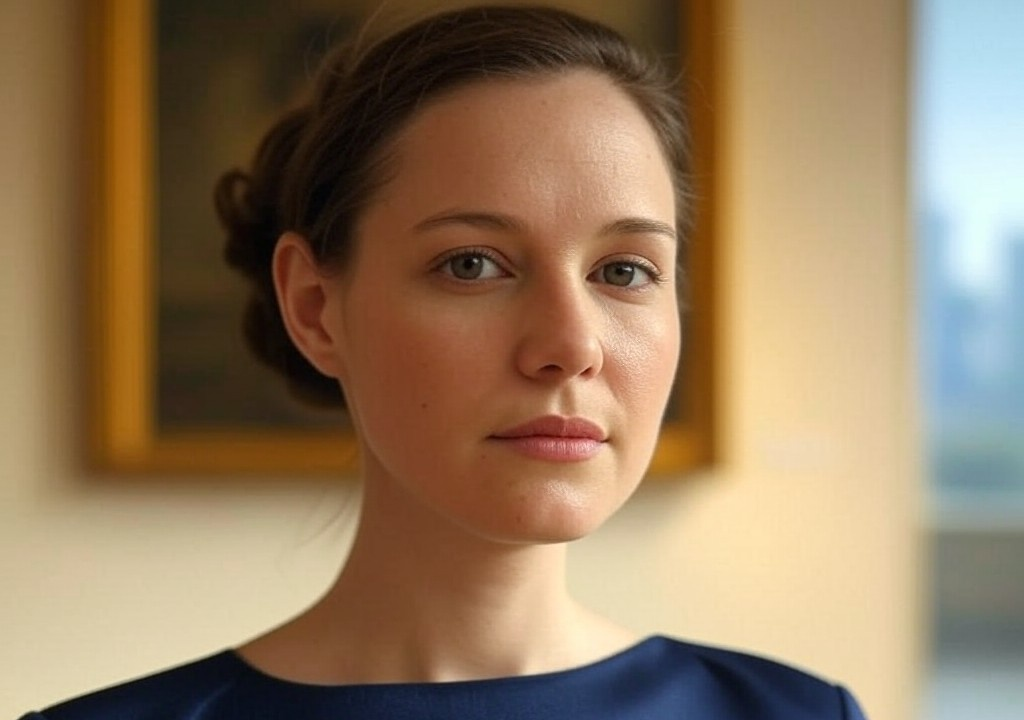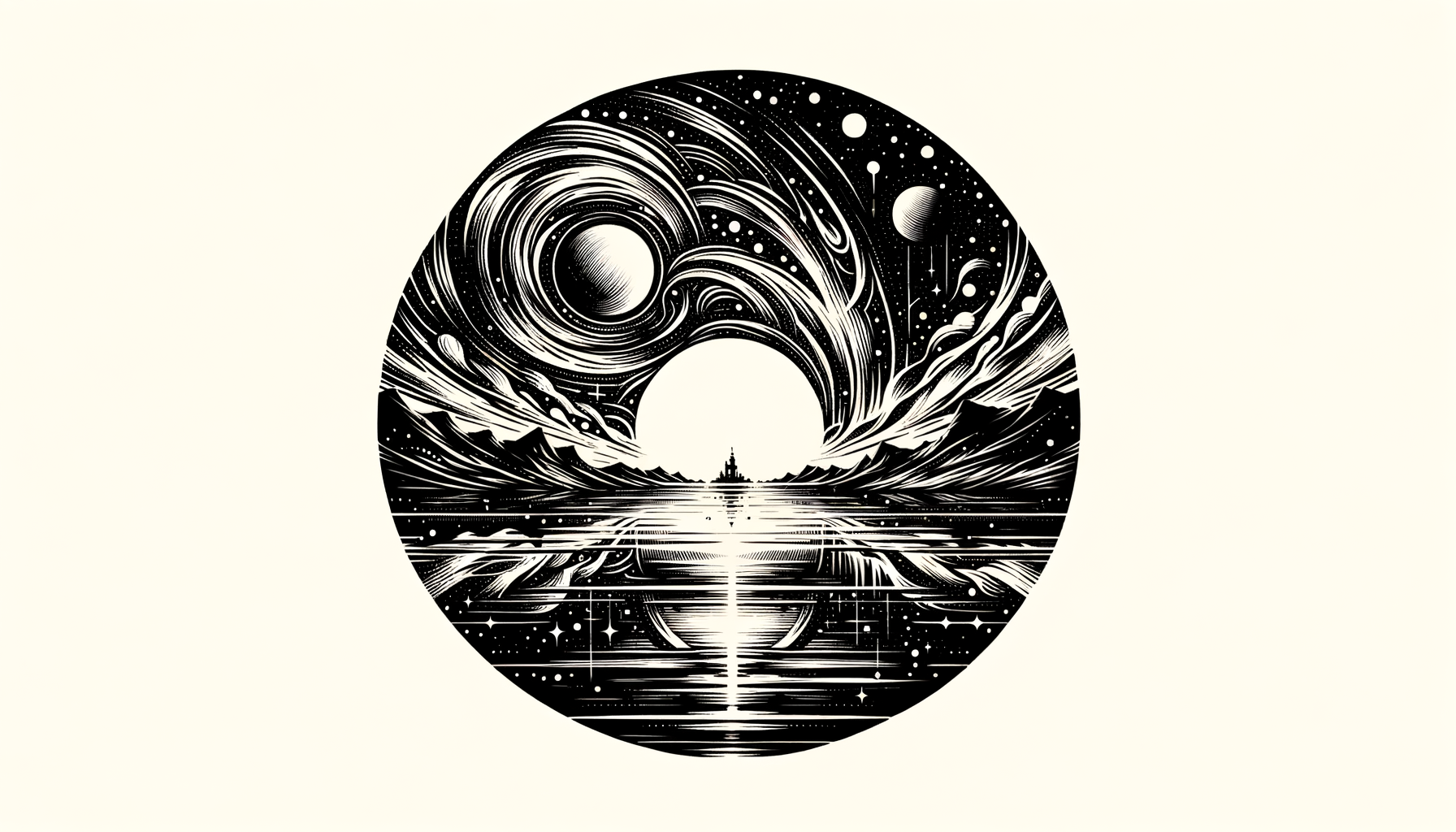What’s in a Name? More Than You Might Think
When I tell someone my name for the first time, their response tends to go one of two ways. Either: “Wow, that’s elegant,” or the more common, “That sounds like a movie star’s name.” Both reactions leave me chuckling because while it IS my real name, it’s also a bit of a wild card. I mean, Veronica Saint Claire? Am I destined to be sipping champagne in silk gloves, or could I just as easily be solving mysteries aboard a steam train in the 1930s?
It got me thinking: How much does your name influence how others see you—and maybe, more importantly, how you see yourself?
Sure, it’s just a collection of syllables. But a name is also your first interaction with the world, your introduction before you even have the chance to say anything about who you are. And honestly, when it comes to romance and relationships, your name can be a bit of an icebreaker…or a stumbling block. Let’s break this down—and, yes, I’ll be calling myself (and my ridiculously cinematic moniker) out along the way.
What's in a Name? (Hint: Drama or Mystery)
Names are cultural touchstones, reminders that everything from your family, history, or the occasional aspirational parental hope (“we named her Aurora because we just knew she’d light up the world”) can cling to your identity like Velcro.
My name wasn’t exactly chosen out of whimsy. “Veronica” has a certain weight to it—classic, romantic, someone who might’ve worn a lot of velvet in the Renaissance. Then there’s “Saint Claire,” which, let’s face it, sounds vaguely like the heroine of a swoon-worthy romance novel. But growing up with a name like this wasn’t always the posh experience people imagine.
On one infamous first day of school, my teacher mispronounced it as “Vera Nichols Sinclair”—as if I were some kind of disoriented guest star on “Downton Abbey.” In those awkward moments, I longed for the simplicity of a name like “Emily” or “Jessica.” But then, my mother would declare (at every chance possible, I might add) that Veronica Saint Claire sounded like “a name meant to hang in galleries or roll off people’s tongues at cocktail parties.”
And that’s just it—the name comes with expectations I didn’t sign up for. (In fairness, I now can’t walk past a diamond boutique without people asking if I’m “the heir,” which I’m tragically not.)
Maybe you’re familiar with the feeling: A name that seems to precede you, creating an impression long before you walk in the room. While that can be intimidating, it’s also something you can own—if you know how.
First Names & First Impressions: Why They Matter
Ever notice how someone’s perception of your name can instantly shift the dynamic of your meeting? Names are like tiny pieces of armor or jewelry—indicators of personality, upbringing, or even personal style. For example:
- The Classic Powerhouses: Think Elizabeth, Catherine, or William. Timeless, refined—but also low-key no-nonsense. (You wouldn’t argue with someone named Elizabeth about where to eat dinner. She’d win immediately.)
- The Quirky Cool Crowd: Names like Piper, Arlo, or Juno lean casual, fun, and effortlessly creative. People probably assume you surf, paint, or own a minimalist coffee grinder.
- The Mysterious Charmers: This category includes anything slightly unusual but not too outrageous—Veronica included. People might ask, “Where’s that from?!” enough times to make you consider just renaming yourself “Sarah” for convenience.
Ultimately, names help form that first impression, and in relationships, first impressions hang in the balance between intriguing and intimidating. If someone’s scribbling ideas about who you are before you open your mouth, you may as well lean into it.
Owning Your Name Like the Star You Are
When navigating relationships, it’s less about your name’s vibe and more about how you own it. Whether it’s traditional, playful, or straight-up “movie poster” vibes like mine, here are some ways to own your name:
-
Lean Into the Intrigue:
If your name sparks curiosity, use it as a conversation starter. “Oh, my parents loved this Ella Fitzgerald song” or “It’s from my great-grandma who was a painter.” Names tell stories, so let yours become part of how you share who you are. -
Don’t Apologize for It:
If you’ve ever caught yourself saying, “Sorry, it’s kind of long/weird/complicated,” stop. Your name is yours; own it without making disclaimers. If the person you’re chatting with really cares about you, they’ll care enough to learn it. -
Make It Memorable:
On more than a few occasions, people have called me “Victoria” or “Vanessa” before I’ve had the chance to commit “Veronica” to their memory (a bold choice). So I’ve learned to multiply the charm: “Think Veronica like Veronica Lake, and don’t forget the Saint part—it’s my ticket out of purgatory.” Cheeky? Absolutely. Unforgettable? Let’s hope. -
Adapt When Necessary:
Sometimes, we’re faced with moments when the full name needs to be softened. For me, that’s simply “V,” tossed out casually like we’ve known each other for years. Find a playful shorthand that works when the mood is light.
Pop Culture, the Canon of Names, and Personal Identity
You might have noticed Hollywood plays a major role in how names are viewed. “Chandler” wasn’t a popular baby name until Friends, and the name “Arya” skyrocketed after Game of Thrones. When your name aligns with pop culture or literary icons, it comes with both baggage and brilliance.
I’ve heard “Veronica Mars” more times than I can count—and honestly, no complaints. Kristen Bell was a detective! Solving crimes! Being witty! If I accidentally get channeled into that association, is that really a bad thing? (Side note: If your name is Lizzie, just steer into “like Lizzie Bennet” with grace. Trust me, the Austen fans will adore you.)
Whether your name hails from Popular Culture 101 or is steeped in family tradition, it's worth examining how these associations creep into dating. Do these connections intimidate people? Intrigue them? Do they accurately reflect the multifaceted you?
Your Name, Your Rules
When it comes to navigating name conversations in romantic settings, I leave you with this: No matter the cultural weight, the family history, or the imagined 90s teen rom-com vibes it may conjure, your name doesn’t define the whole of you—it’s just the opening line.
That said, names are a built-in, subtle way to explore connections in dating. They’re an easy on-ramp for finding shared stories: “Oh, my uncle is named William too!” or “You’re the second Juliet I’ve met this week!” Those tiny moments can lead to the bigger conversations that make getting to know someone fun.
And for anyone out there worried that your name is “too plain” or “too unusual,” here’s my advice: make it your brand. Every time you say it—whether it’s Megan, Blue, or, yes, Veronica Saint Claire—say it like you mean it. Because you, my dear reader, are unforgettable, no matter what name you happen to drop.




















